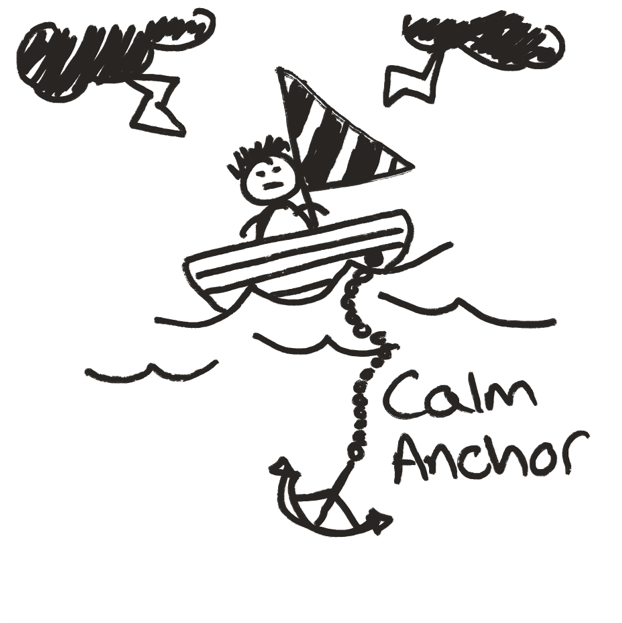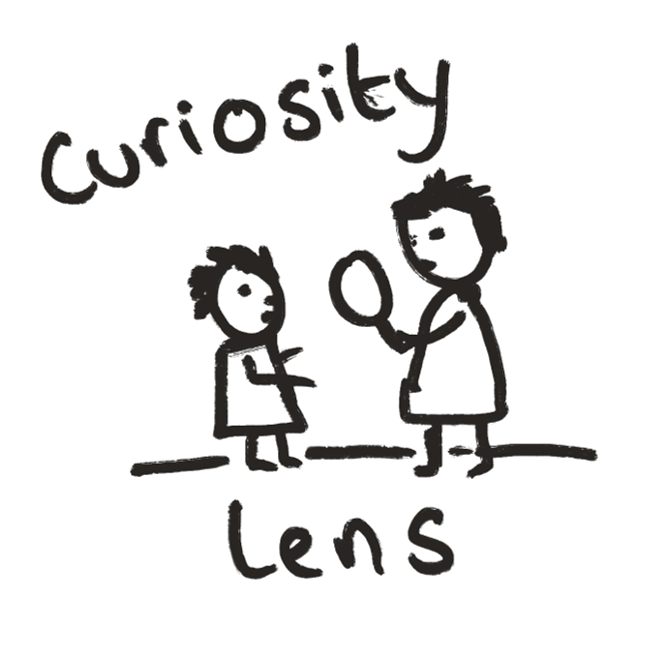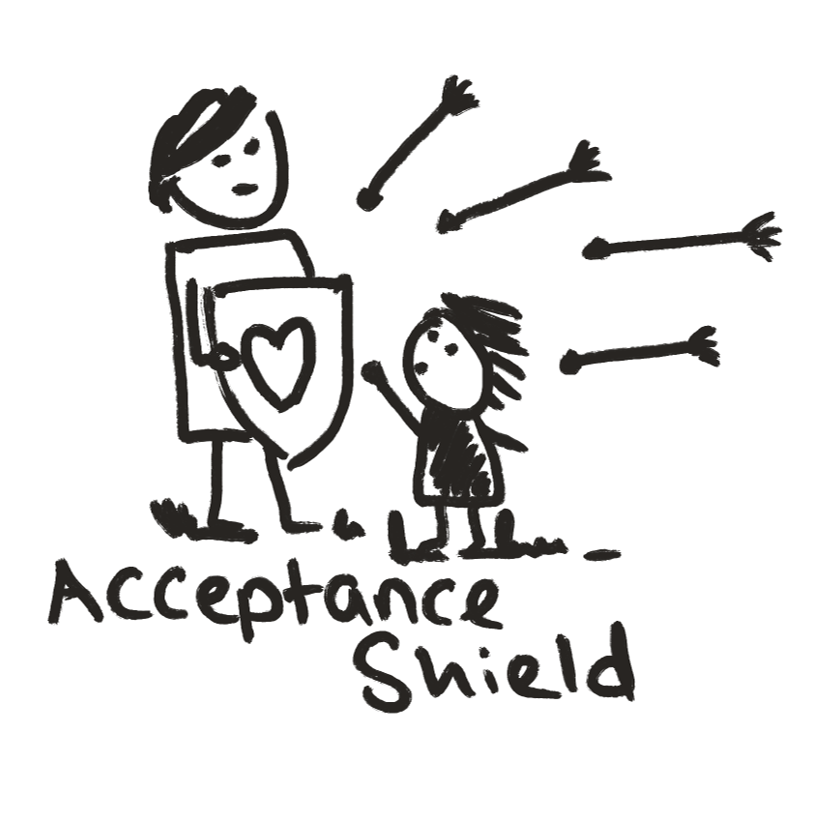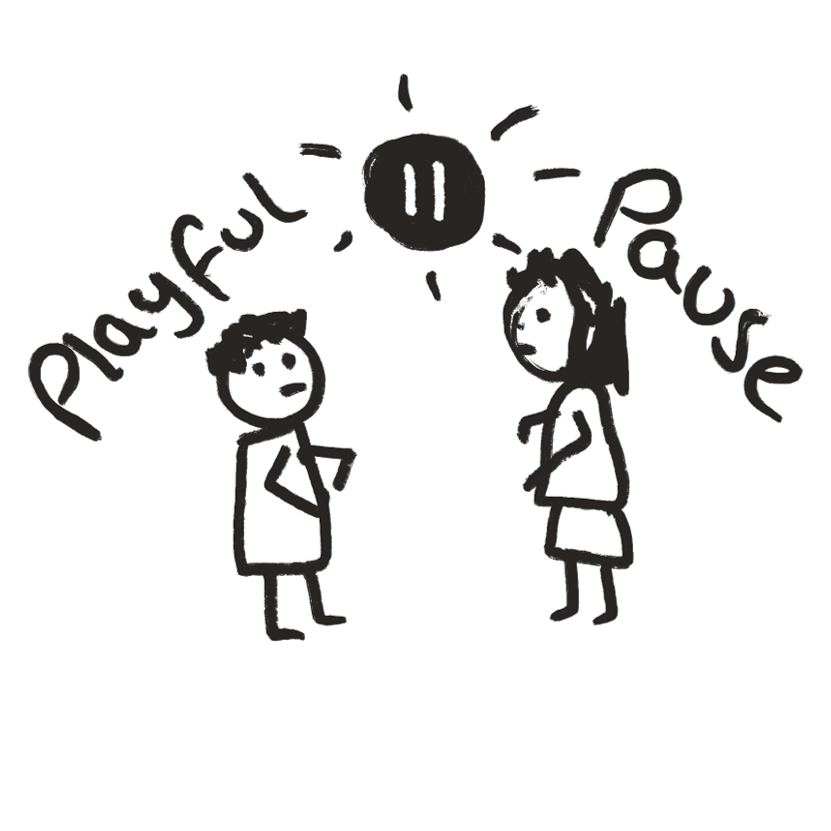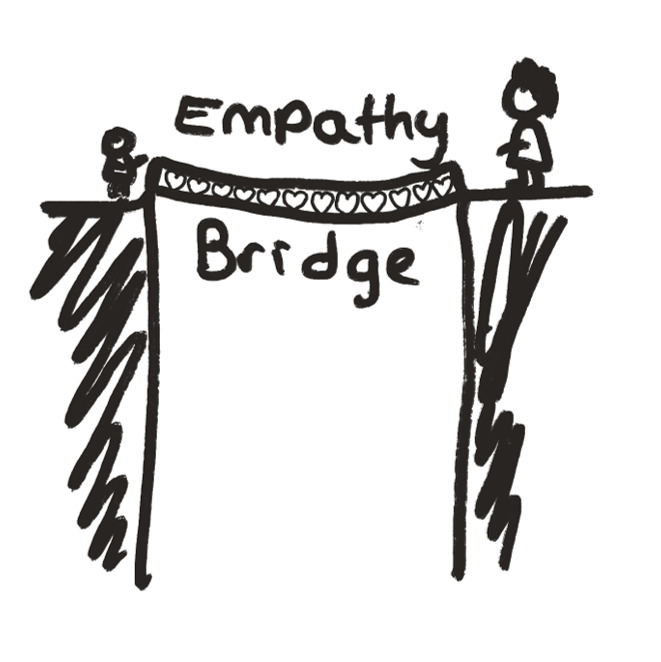Award-Winning
Practice-led learning & support platform
Designed by foster carers for foster and kinship carers, with ideas that can used tonight.



0+
Carers & other professionals
0
Short, practical courses for foster & kinship carers
0
Companion apps for in-the-moment support
0+
'What to do when' guides in our Knowledge Hub
99% of feedback rate our support & tools as Very Good or Excellent
Recognised internationally for practical support for carers
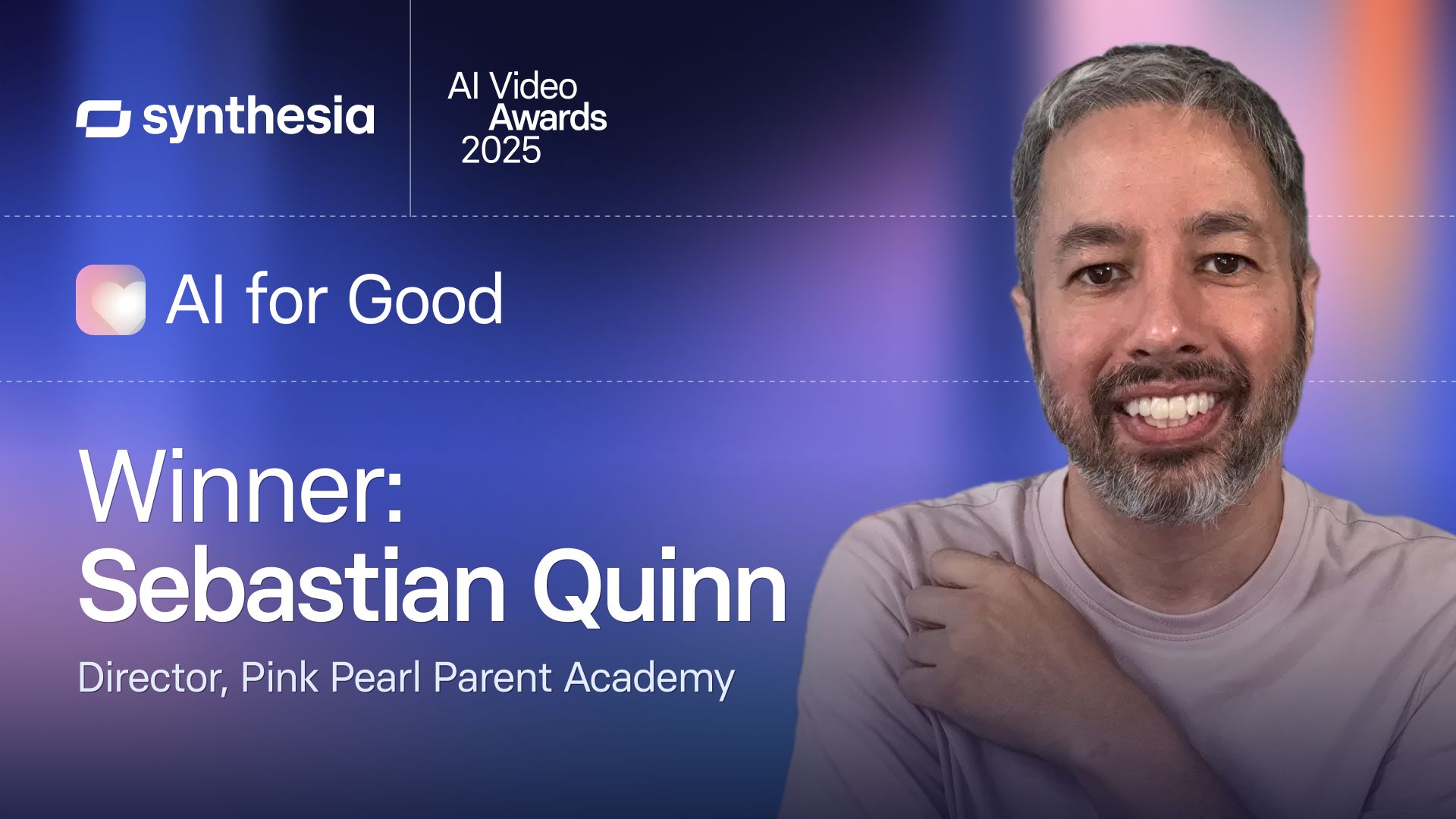
What Carers & Professionals Say
Our Companion Apps
Right Now
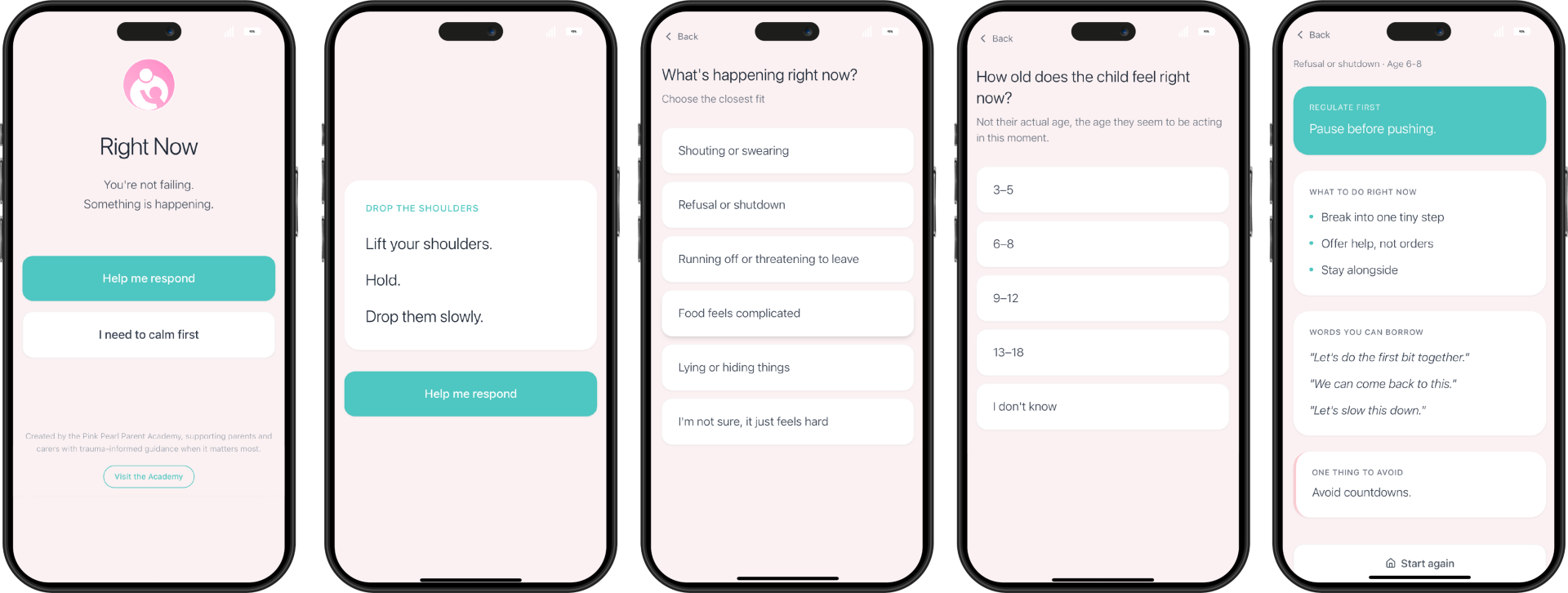
Steady Ground
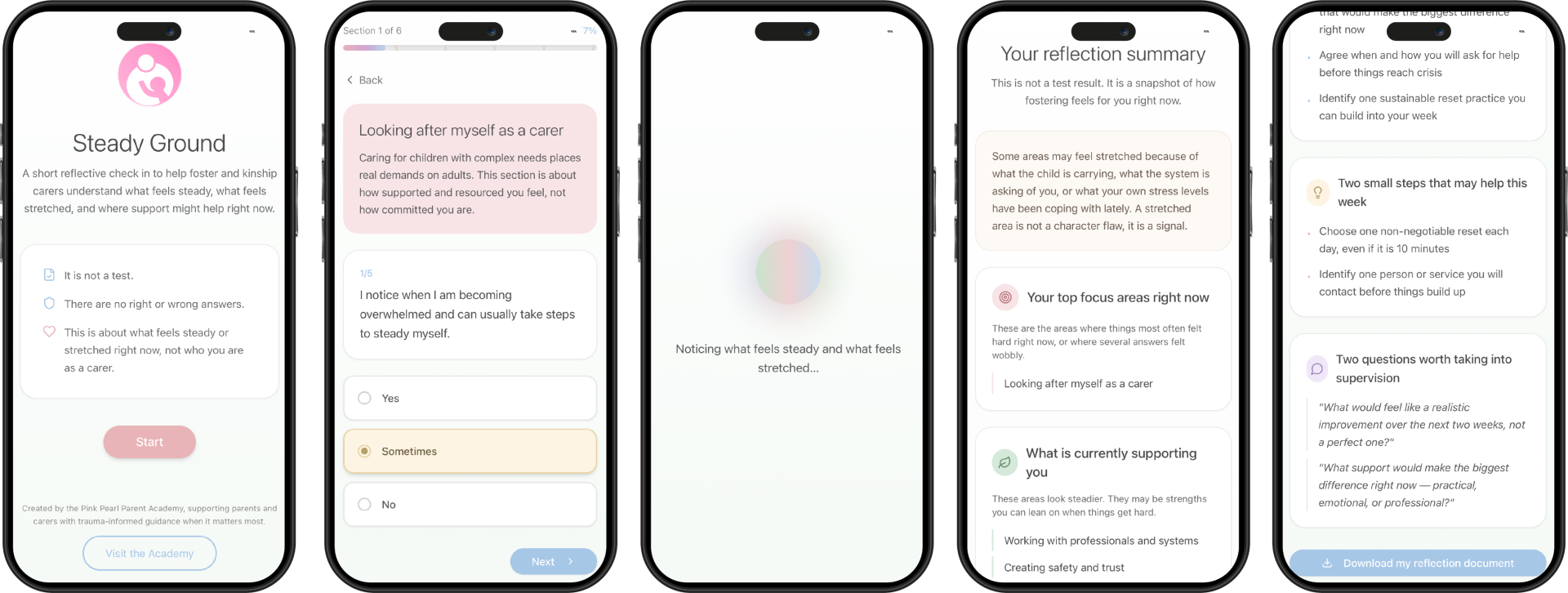
Pocket Wise
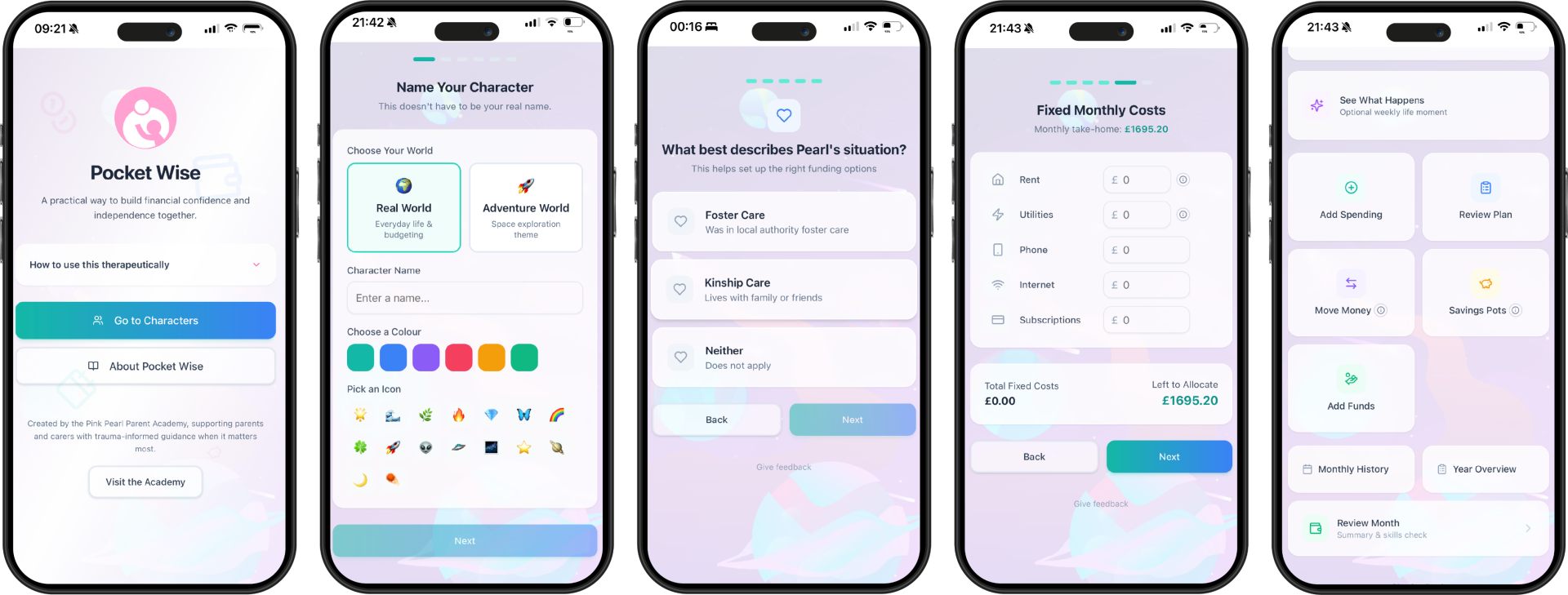
Courses
Knowledge Hub
time for you





